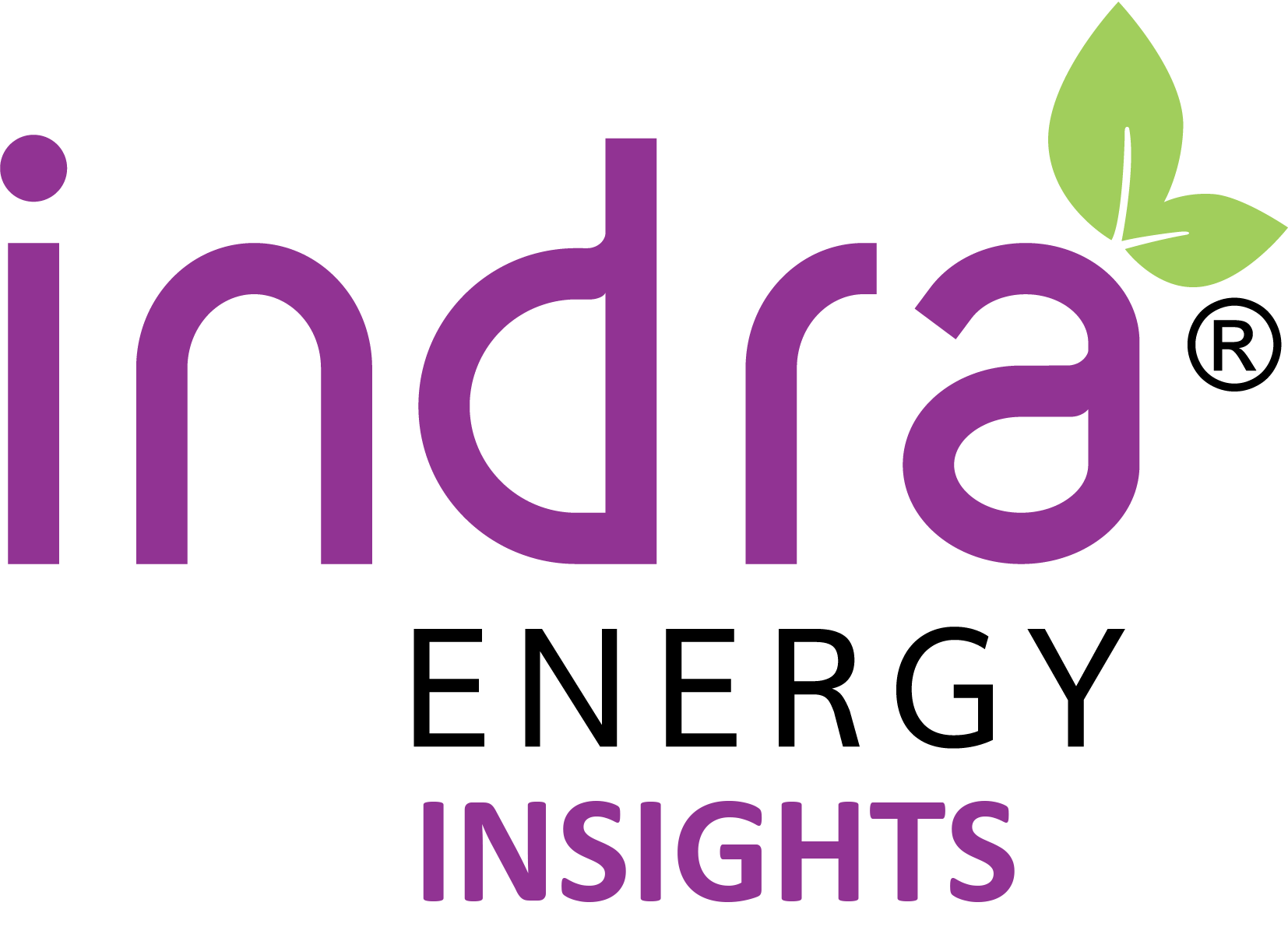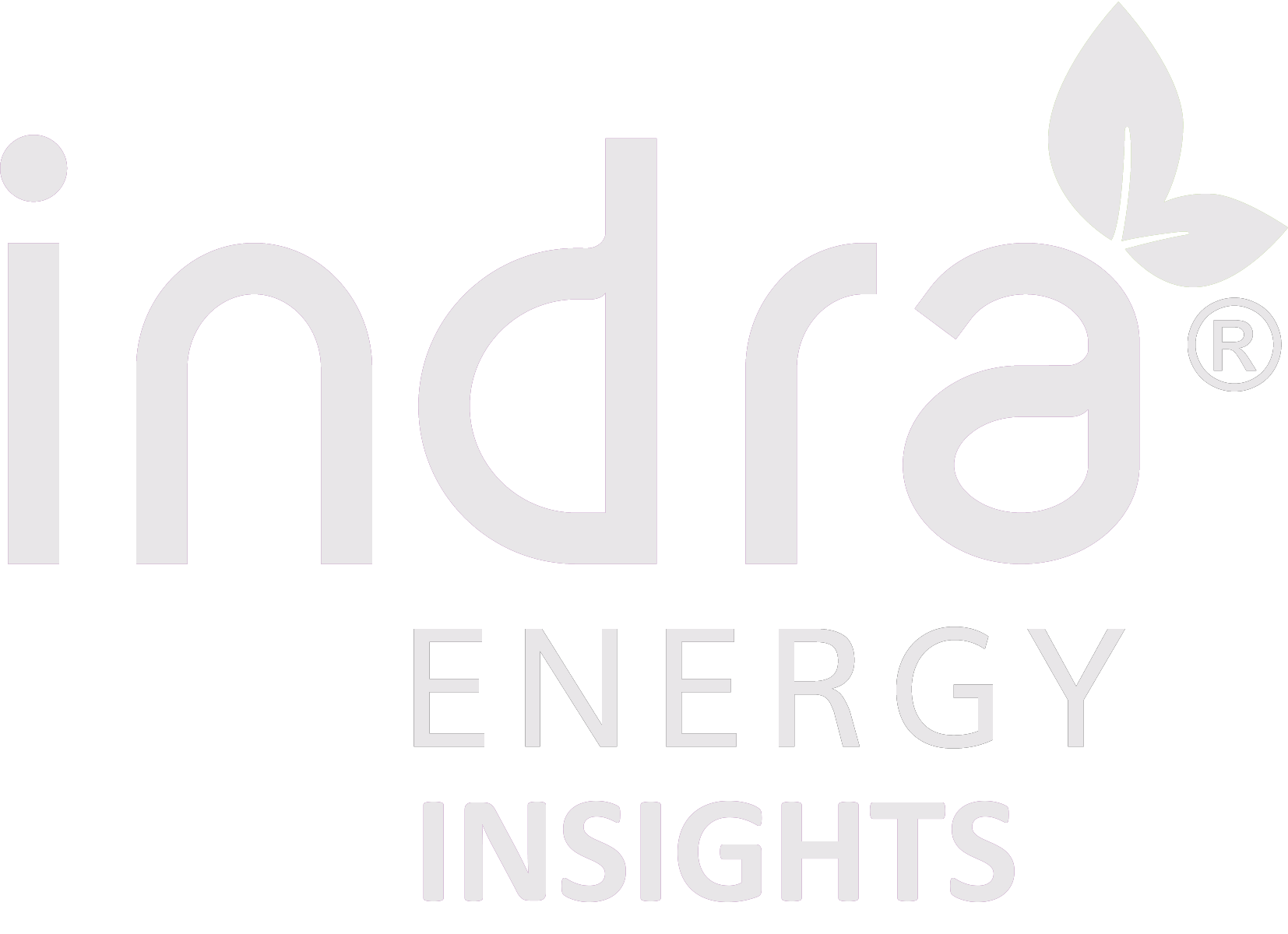As our renewable energy independence grows, more homeowners are exploring solar power to generate their own electricity, shrink their carbon footprint, and maybe even give some back into the grid. Installing solar panels on your house presents an exciting opportunity to harness the power of the sun for emissions-free, seemingly cost-free energy. However, many homeowners may find that installation of solar panels on their home isn’t possible or isn’t for them.
Solar panels may promise “free” energy, but getting to that point can be costly, complex, and less predictable than many assume. The initial investment needed to install solar panels can be burdensome, and with maintenance and installation challenges, going solar doesn’t always pay for itself. For those looking to make an environmentally friendly choice without the hassle, renewable energy plans may be a more financially viable way to go green.
From Calculators to Cross-Gable Roofs
While practical solar cells were invented in 1954, it wasn’t until the early 21st century when residential solar power was available to the masses. Innovations in panel design, battery storage, and inverters, combined with generous tax incentives and rebates, fueled adoption across many parts of the United States.
While solar power generated only about 3% of the power utilized in 2021,2 an estimated 15-20% of that “solar” energy utilized was through renewable energy credits, or RECs. (RECs are certificates of authenticity – like currency in the grid – for the extra energy generated by zero-emission sources, like solar power. Since we can’t track every kWh that passes through the grid, its use is tracked through RECs. Energy companies like Indra Energy sell energy plans based on the purchase of RECs, so that the energy “consumed” from the grid comes from the renewable piece of the pie.
What to Consider When Considering Solar Panels
Some homes aren’t suited for solar panel installation, so it’s important to understand the investment before beginning. Among the items you will want to consider are roof suitability and exposure, permits and regulations, and battery storage.
Solar panels need direct sunlight to be effective, so areas with increased shade and cover wouldn’t be suitable for solar panels. Ideal roofs have a south-facing slope, free from obstructions, which can be limiting for homes in more densely populated suburban and urban environments. However, technologies expected to be released over the next decade promise innovation in size and scale from the large, invasive sizes of today’s solar panels.
You will want to review local regulations to ensure the proper permits (your solar installer may do this for you) and you should budget additional money for permit and application costs. Be sure to check with your local homeowners’ association or zoning regulation board, as some may restrict or outright prohibit certain solar panel installations.
For those looking to be energy independent, batteries are essential. Check with your solar panel installer to see what type of battery is used (they range from lithium-ion to saltwater to lead-acid), select a high enough model for the proper amount of capacity needed, and check to make sure the power rating (kW) will run all of the household appliances your specific home needs. You should also ensure that the depth of discharge has a high enough rating to utility 90% or more capacity.
Is DIY Solar Installation an Option?
With today’s TikTok and endless HGTV offerings, do-it-yourself spirit is among us. But is DIY solar a good idea? Installing solar panels safely and effectively requires electrical and structural knowledge, so you’re likely going to need to have some background first. Manufacturers and insurers will void warranties for systems not installed by certified professionals, not to mention that improper installations can damage the system or worse, pose fire hazards.
A New Way to Power Your Home
There are alternatives to powering your home with solar panels and still utilizing solar power. Remember those renewable energy credits? Energy companies like Indra Energy offer 100% renewable electricity plans, based off renewable energy that was generated and sent back into the grid. Unlike other energy companies that may only have plans that include a “portion” of renewable energy. With Indra Energy’s residential plans, 100% of the customer’s electricity usage is paired with renewable energy certificates.
Learn more at IndraEnergy.com/renewable
1 American Physical Society. (2009). Bell Labs’ silicon solar cell. APS News, 18(4). Retrieved November 19, 2024, from https://www.aps.org/apsnews/2009/04/bell-labs-silicon-solar-cell
2 Tyson, A., Funk, C., & Kennedy, B. (2022, March 1). Americans largely favor U.S. taking steps to become carbon neutral by 2050. Pew Research Center. Retrieved November 19, 2024, from https://www.pewresearch.org/science/2022/03/01/americans-largely-favor-u-s-taking-steps-to-become-carbon-neutral-by-2050/














